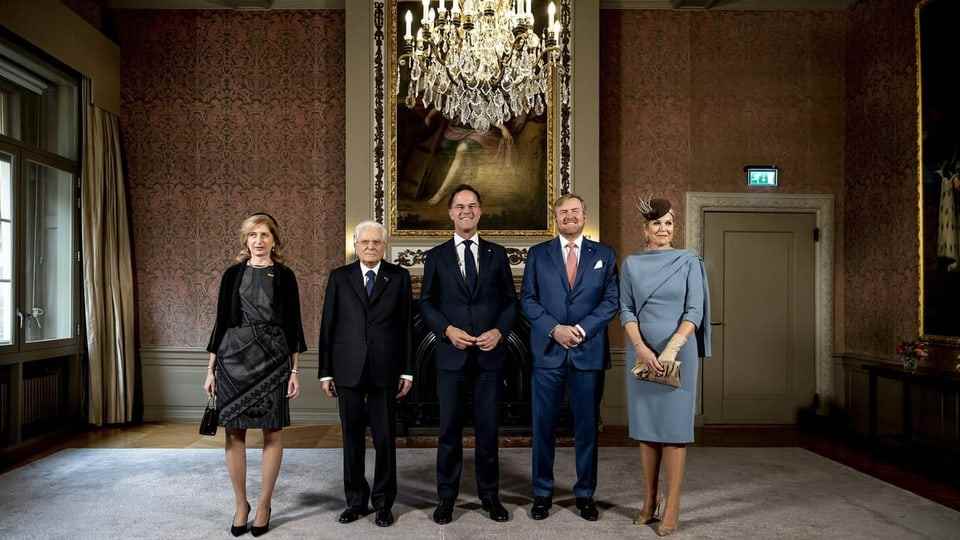contents
King Willem-Alexander has the past of the Dutch royal family investigated by a top-class team of experts.
The fact that King “Willy” wants to have his family’s past investigated from the late 16th century to the post-colonial period doesn’t really bother anyone behind the dikes. It is known from studies that his ancestors probably owned enslaved people; and that his family – after all, one of the richest in Europe – may also have benefited from the immense flow of money from the colonies.
The historians commissioned by Willem-Alexander and a human rights specialist are now to uncover details. “A sound knowledge of the past is essential to understanding historical facts and dealing with their impact on people and communities as clearly and honestly as possible,” wrote the monarch, who studied history himself, in a statement.
Criticism of great-grandmother
It will take at least three years for the results to be available. Speculating is therefore pointless. But Willem-Alexander used to be very critical of his great-grandmother, then Queen Wilhelmina. This tells many that he is willing to soil his family’s nest.
Legend:
King Willem-Alexander with his mother Princess Beatrix, former Queen of the Netherlands.
IMAGO / PPE
But it is also possible that the monarch wants to do everything right after making a faux pas due to ill-considered actions such as the trip to Greece during lockdown times. Either way, his mission fits perfectly with the zeitgeist in the Netherlands.
The colonial past has been the subject of heated debate for a long time. The call for an apology grows louder. Amsterdam, Rotterdam and other cities have already done so. But Prime Minister Mark Rutte’s cabinet found it difficult.
Surprised victims
The turning point came just a few days ago. The government announced a few days ago that an apology for the suffering during the colonial period would be issued in the Netherlands and in the former colonies on December 19.

Legend:
Premier Mark Rutte (middle) with King Willem-Alexander and Queen Maxima at the state reception of Italian President Mattarella and his daughter (left).
IMAGO / ANP
With this she had taken the people in the former overseas possessions completely by surprise. This date came as a surprise and apart from that was inappropriate, complained those affected, especially in Suriname and on the Antilles islands.
The descendants of the former colonies commemorate the abolition of slavery every year on July 1st. Next year it will be exactly 160 years since the Netherlands ended this inglorious chapter. That is why people in the ex-colonies want the apology to be pronounced on that day.
Let the king go
The date is one thing. The other is the person who has to deliver that apology. In the Antilles in particular, the population does not want to hear the apology from a minister, but from Willem-Alexander himself.
The government will not comply with this request. According to Rutte, it is not possible under constitutional law. A Dutch king is not allowed to express himself politically, because he only has a ceremonial function.
It remains to be seen whether Willem-Alexander can or even has to apologize when the report about his ancestors is available. With his actions, the monarch could be pioneering in Europe one way or the other. If you consider that the Belgian king only expressed his “deep regret” to the Congo and that the royal family in Great Britain does not seem to be ready to kneel.
